Apple may actually be forced to remove the Lightning port from the iPhone in favor of USB-C. This is according to the expected legislation that the European Commission will present next month. At least she stated that Reuters agency. However, we have been hearing about the unification of the connectors for some time now, and now we should finally get some kind of verdict.
The legislation would introduce a common charging port for all mobile phones and other relevant devices in all countries of the European Union - and this is important to mark in bold, because it will only be about the EU, in the rest of the world Apple will still be able to do whatever it wants. The move is expected to primarily concern Apple, as many popular Android devices already have USB-C ports. Only Apple uses Lightning.
It could be interest you
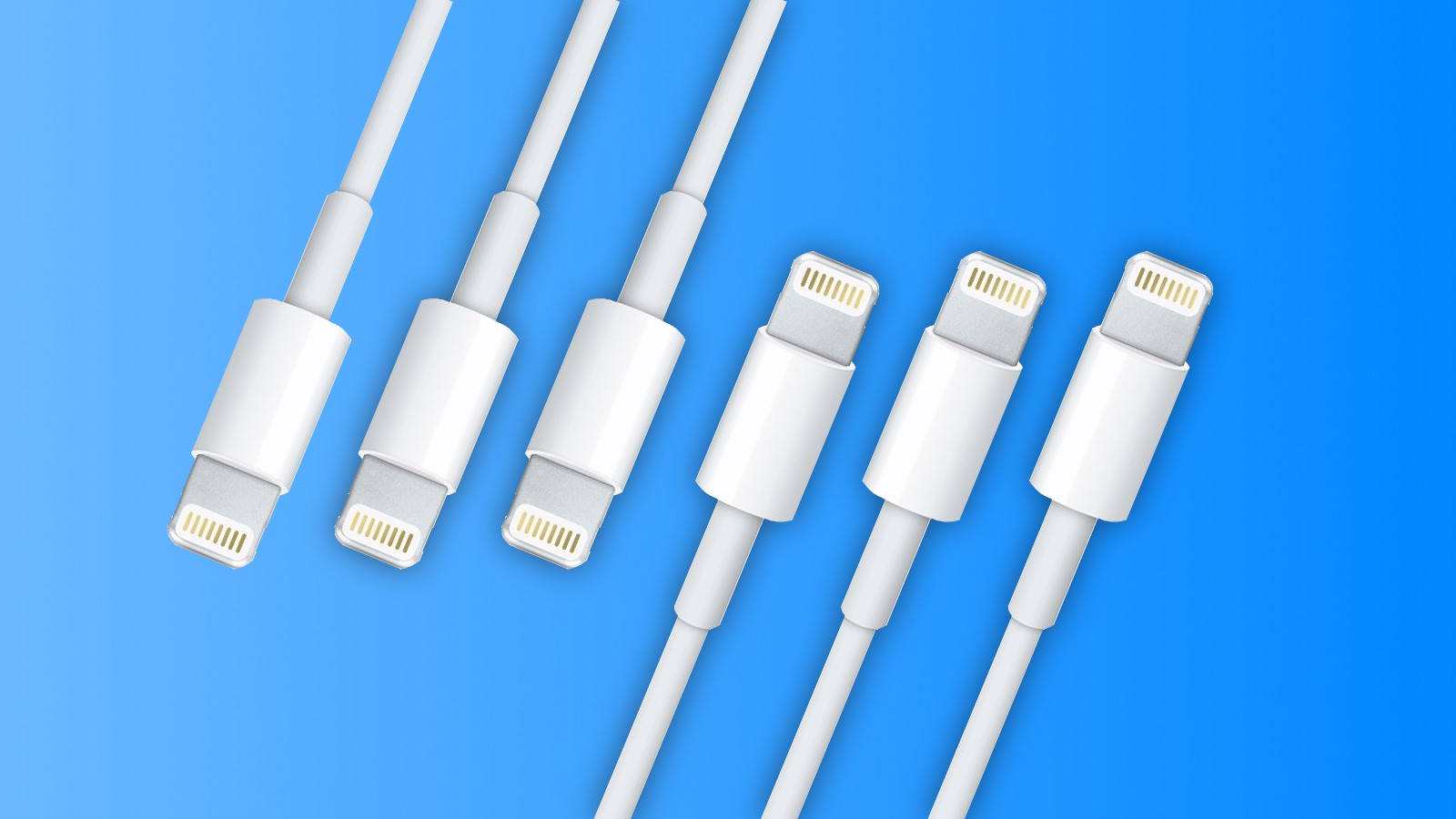
For a greener planet
The case has dragged on for many years, but in 2018 the European Commission tried to reach a final solution to this issue, which it ultimately failed to do. At the time, Apple also warned that forcing a common charging port on the industry would not only stifle innovation, but also create significant e-waste as consumers would be forced to switch to new cables. And it is against the latter that the Union is trying to fight.
Its 2019 study found that half of all charging cables sold with mobile phones had a USB micro-B connector, 29% had a USB-C connector, and 21% had a Lightning connector. The study suggested five options for a common charger, with different options covering ports on devices and ports on power adapters. Last year, the European Parliament voted overwhelmingly in favor of a common charger, citing less environmental waste as well as user convenience as the main benefits.
It could be interest you

Money comes first
Apple uses a certain variant of USB-C not only for its MacBooks, but also for Mac minis, iMacs and iPad Pros. The barrier to innovation isn't quite right here, as USB-C has the same shape but many specs (Thunderbolt, etc.). And as society itself shows us, there is still room to go. So why would iPhone use be so resisted? Look for money behind everything. If you're a company that makes iPhone accessories, i.e. accessories that somehow work with Lightning, you have to pay Apple a license. And she won't exactly be small. So by having iPhones have USB-C and being able to use any accessories made for them, Apple would lose a stable income. And of course he doesn't want that.
However, customers could benefit from the repair, because ideally one cable would be enough for their iPhone, iPad, MacBook, and therefore also other accessories, such as the Magic Keyboard, Magic Mouse, Magic Trackpad, as well as the Magsafe charger. They are already using Lightning for some, and USB-C for some. However, the future is not in cables, but rather in wireless.
It could be interest you
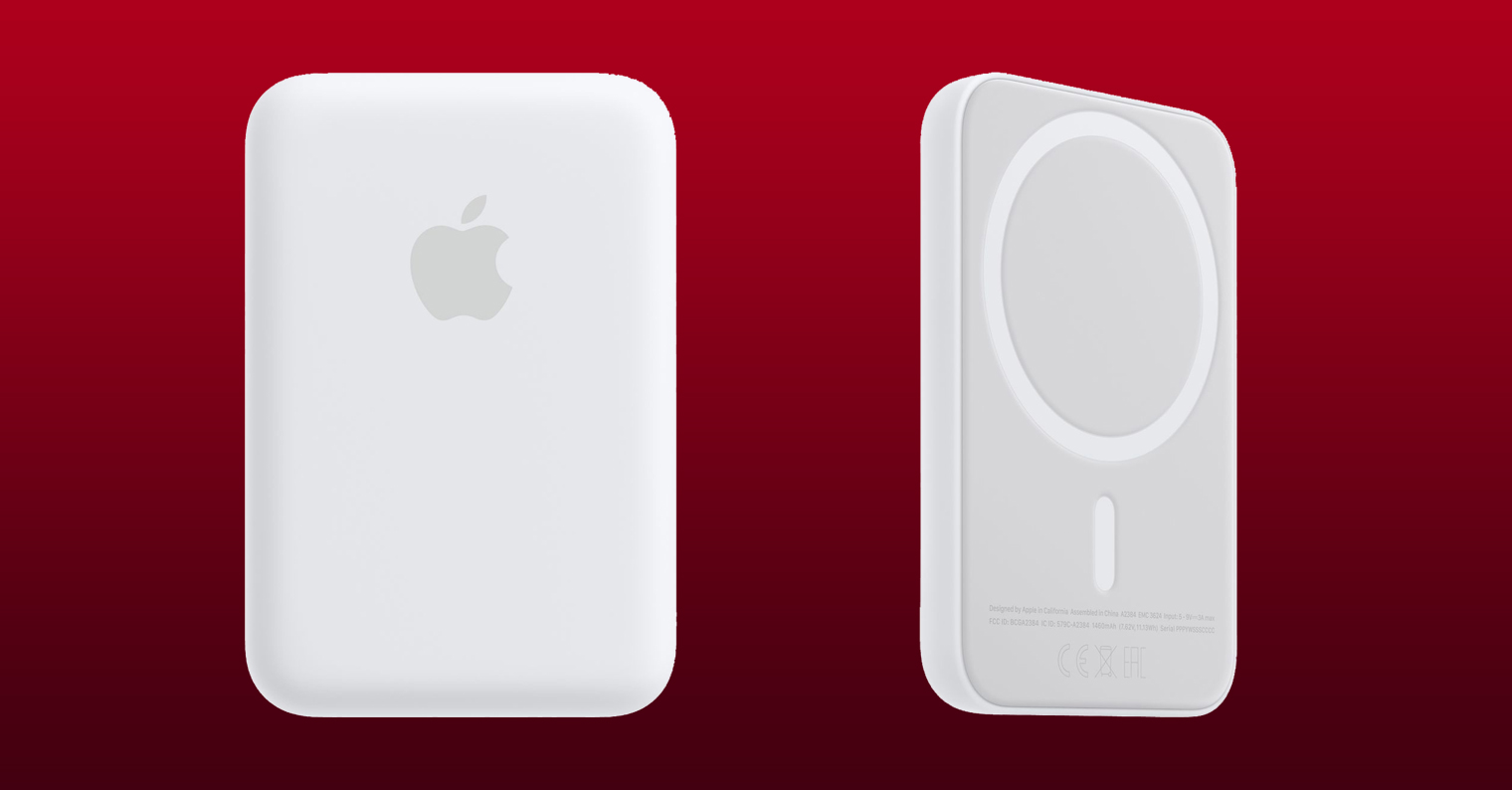
iPhone 14 without connector
We wirelessly charge not only phones, but also headphones. So any Qi-certified wireless charger will charge any wirelessly charged phone, as well as TWS headphones. In addition, Apple has MagSafe, thanks to which it could replace some of the losses from Lightning. But will the EU join the game and implement USB-C, or will it go against the grain and some future iPhone will only be able to be charged wirelessly? At the same time, it would be enough to add a MagSafe cable to the package instead of the Lightning cable.
It could be interest you
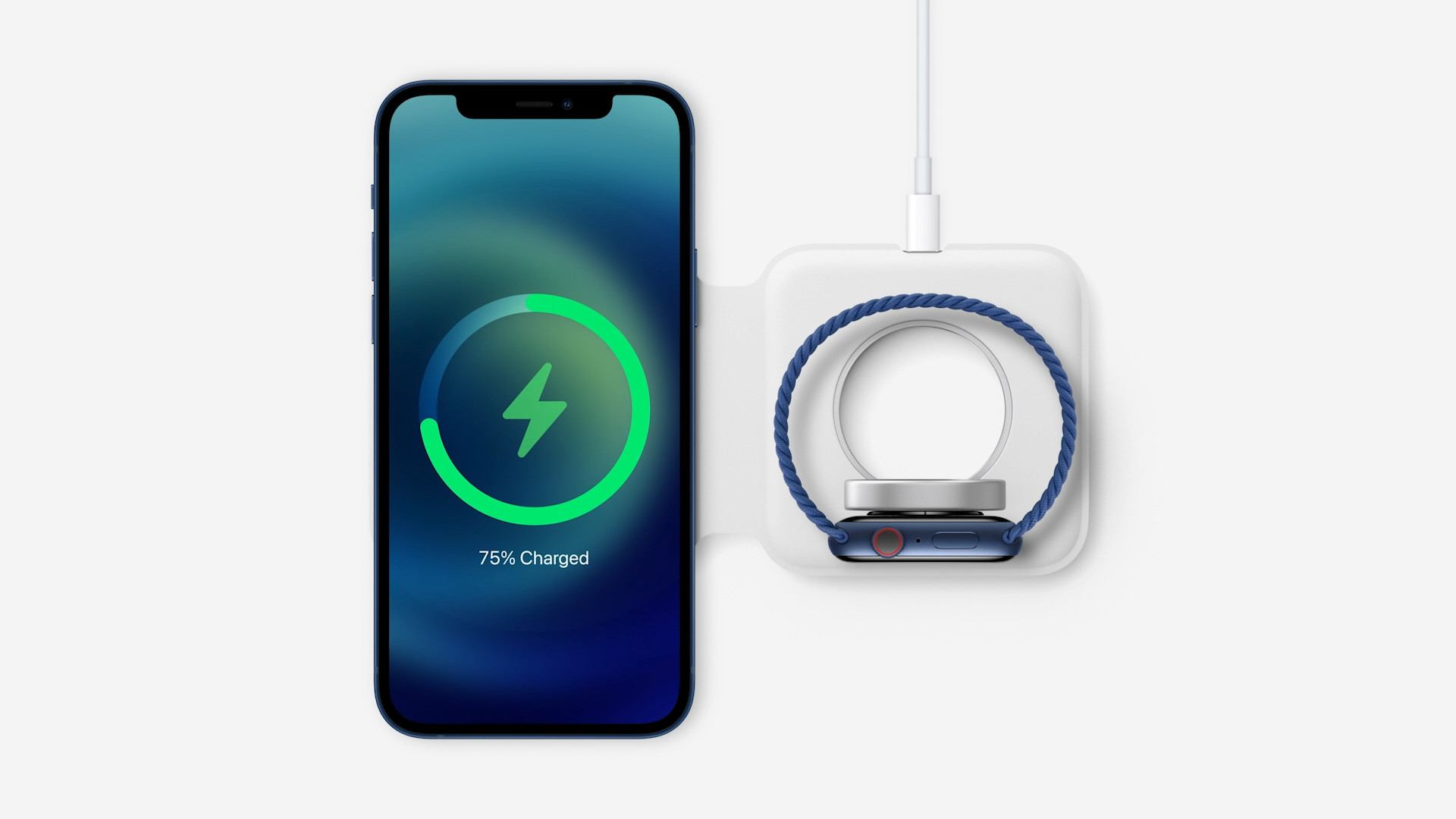
We will certainly not see this with the iPhone 13, because the EU regulation will not yet affect it. But next year it could be different. It's definitely a friendlier way than Apple selling iPhones with USB-C in the EU and still with Lightning in the rest of the world. However, there is still the question of how he would handle connecting the phone to the computer. It could cut off the normal user completely. For a greener future, he would simply refer him to cloud services. But what about service? He would probably have no choice but to add at least a Smart connector to the iPhone. Therefore, to have a fully "connectorless" iPhone is rather just wishful thinking.

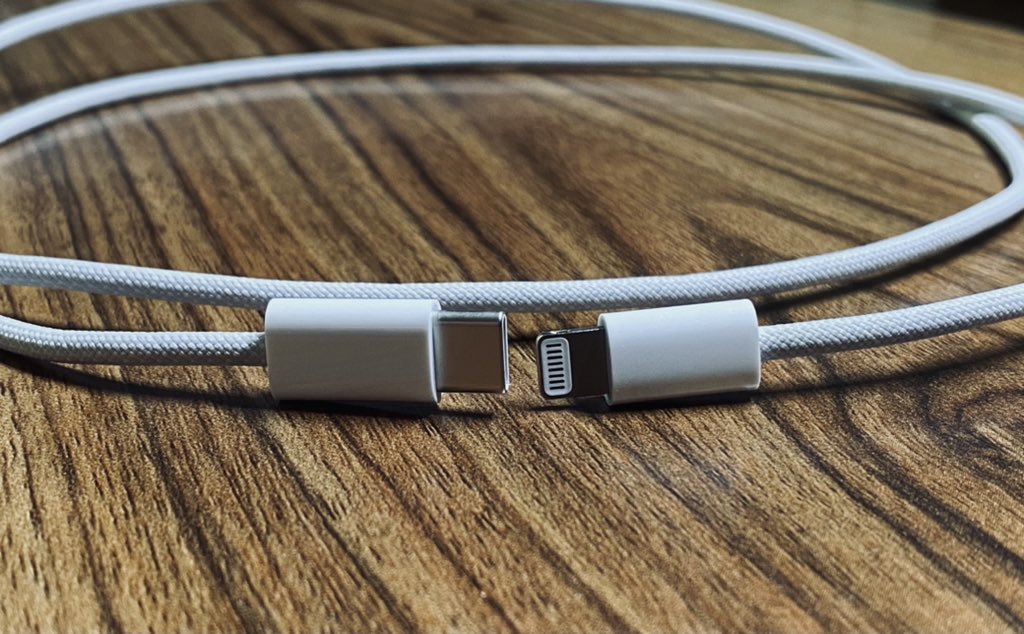
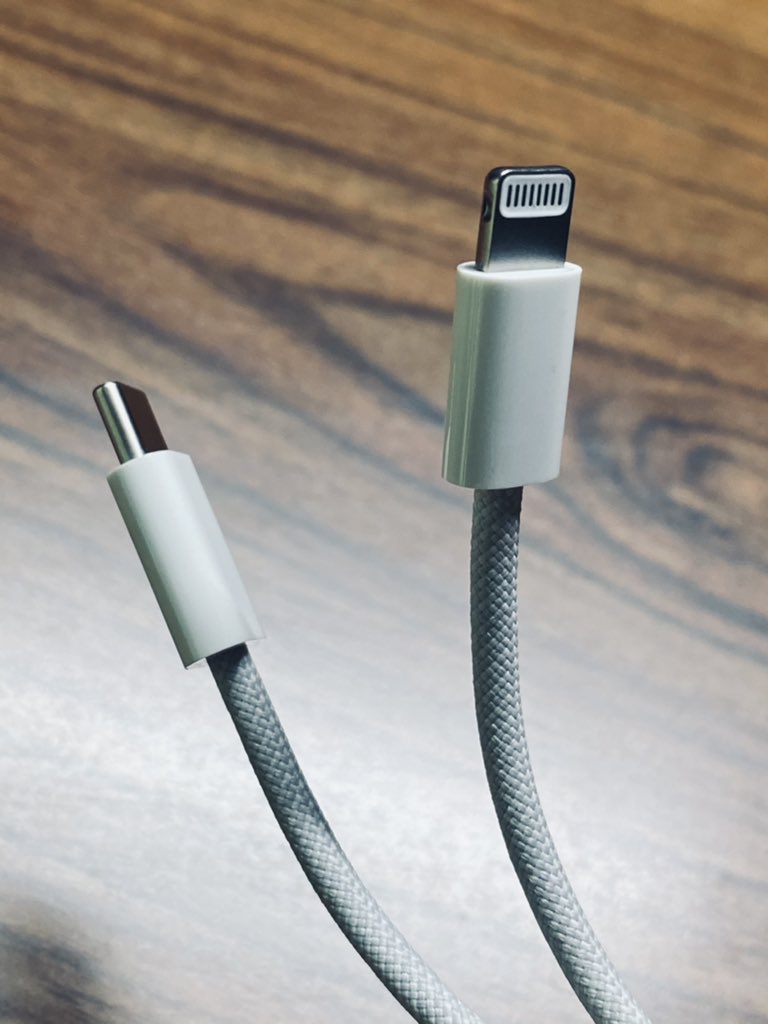
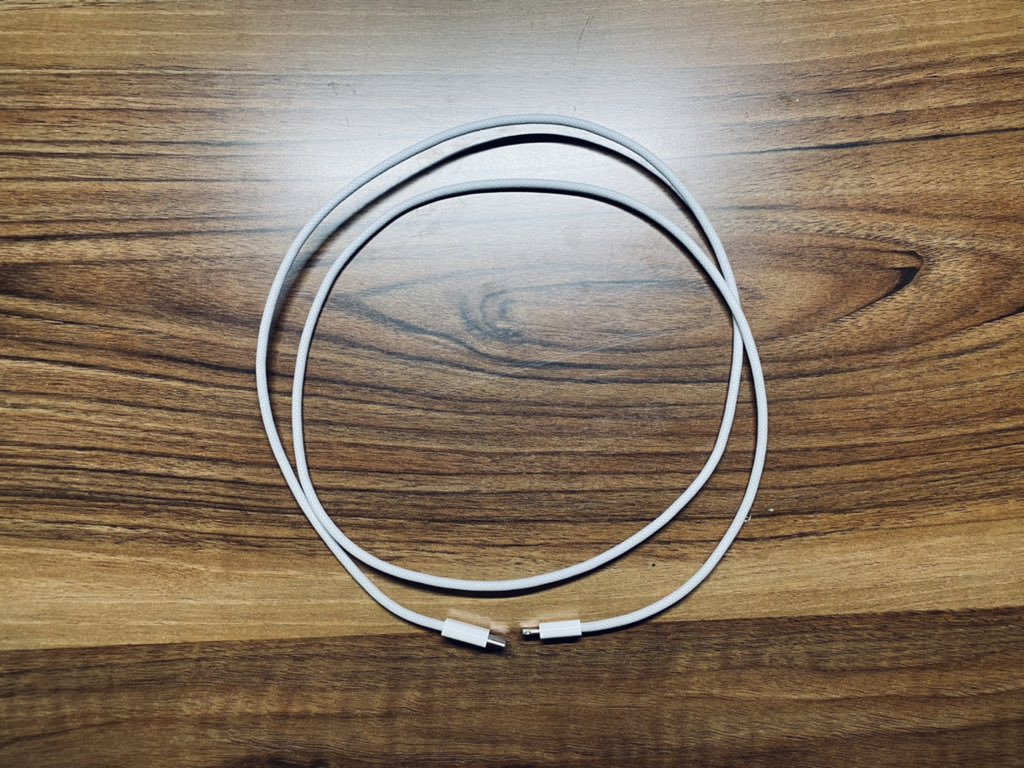
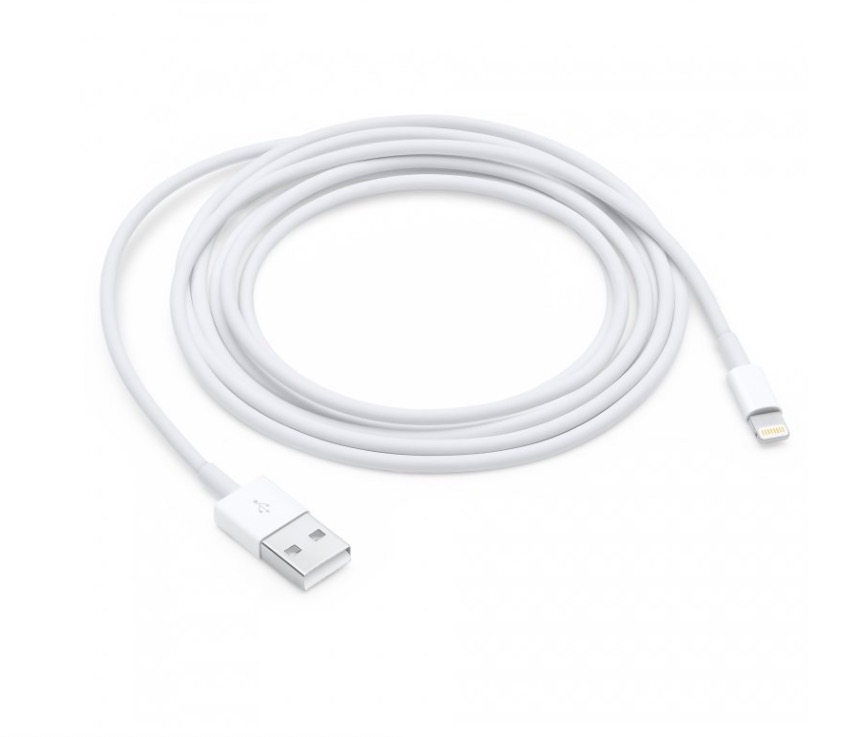
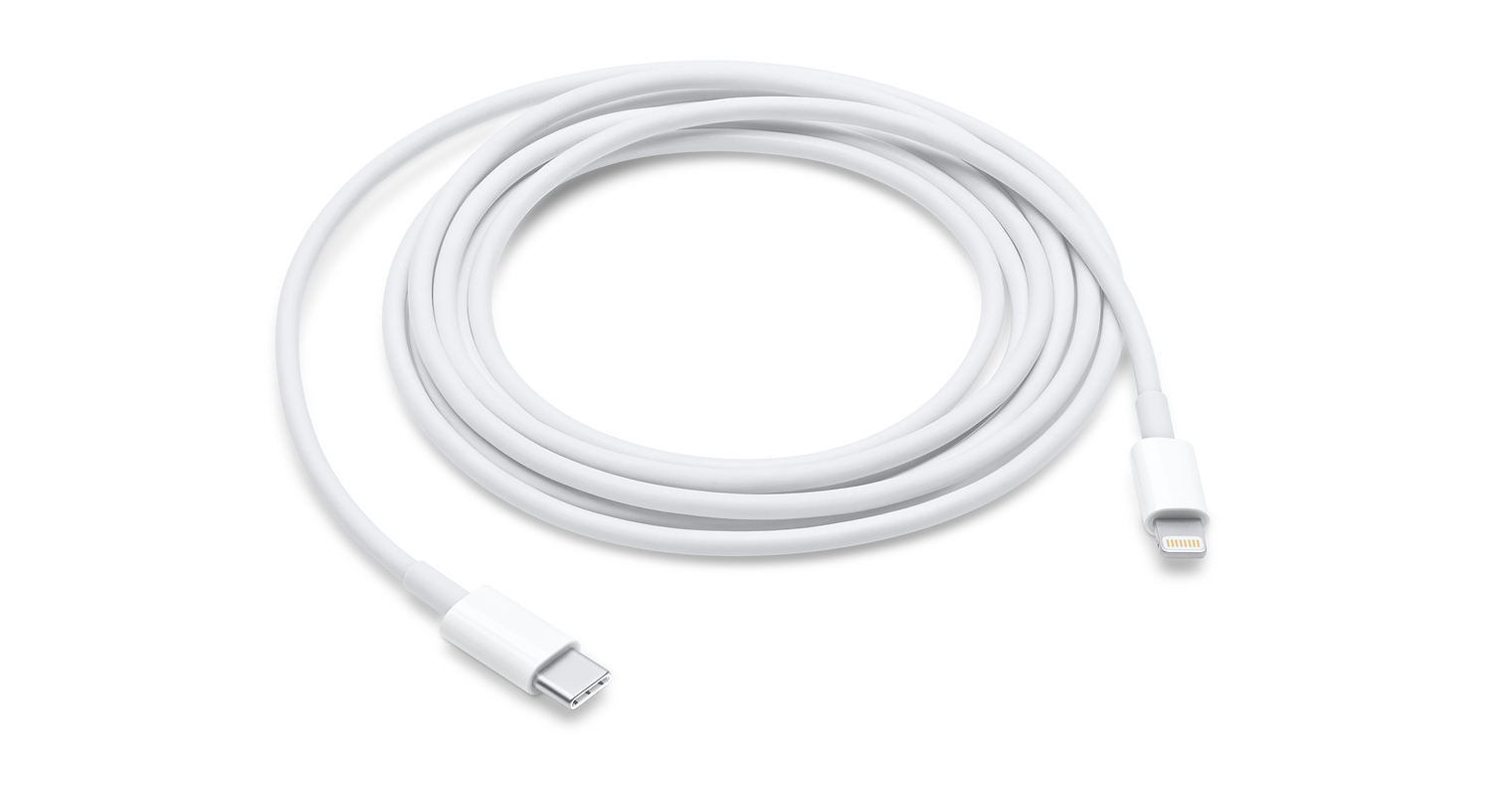
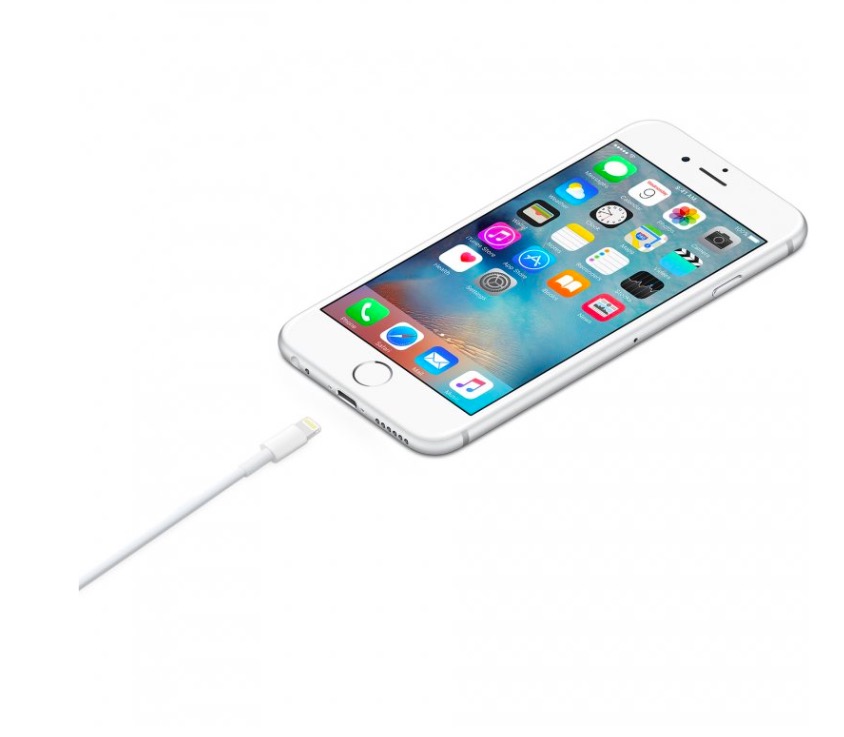
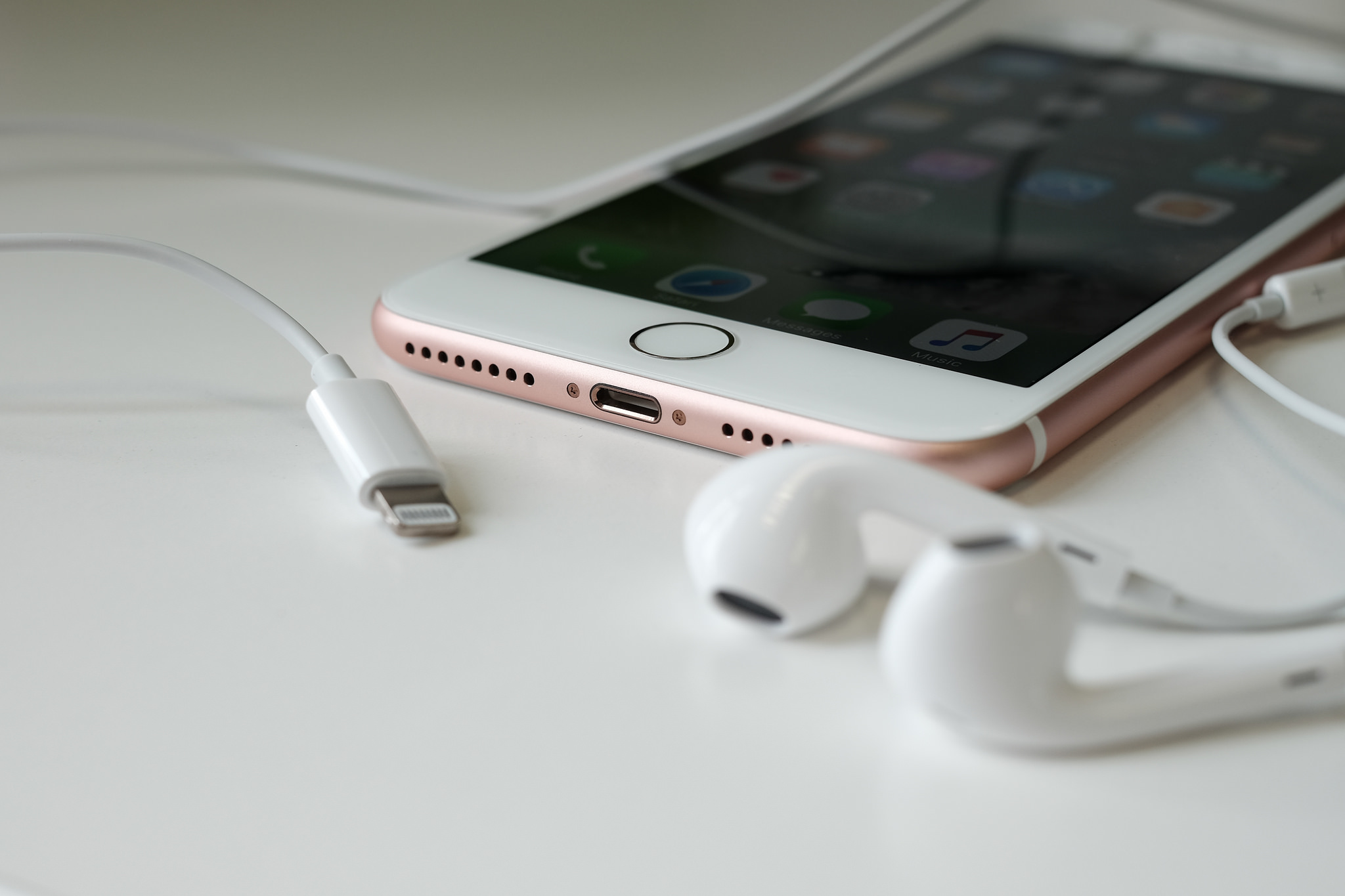
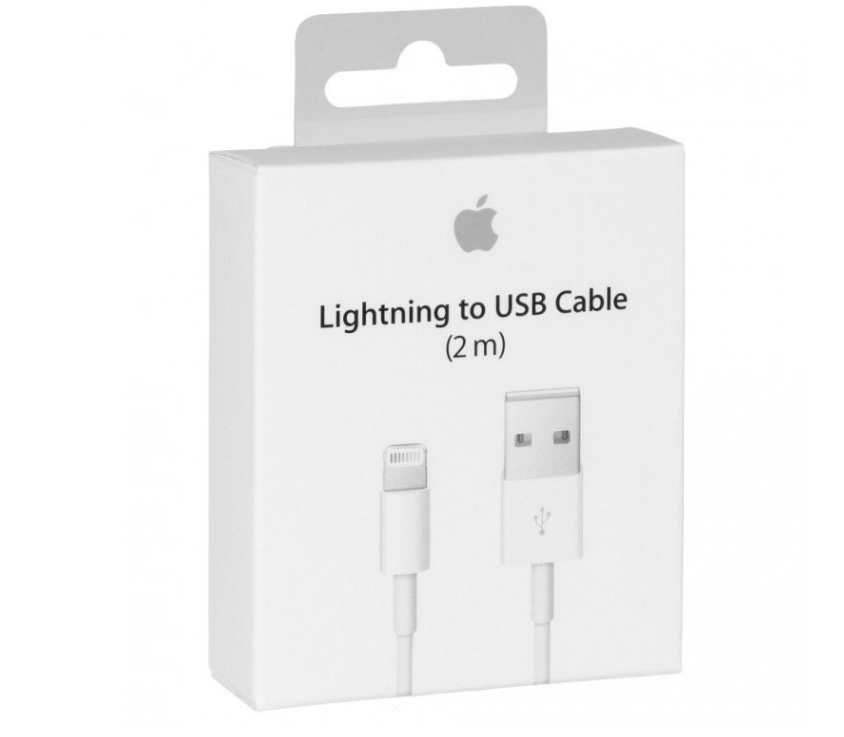

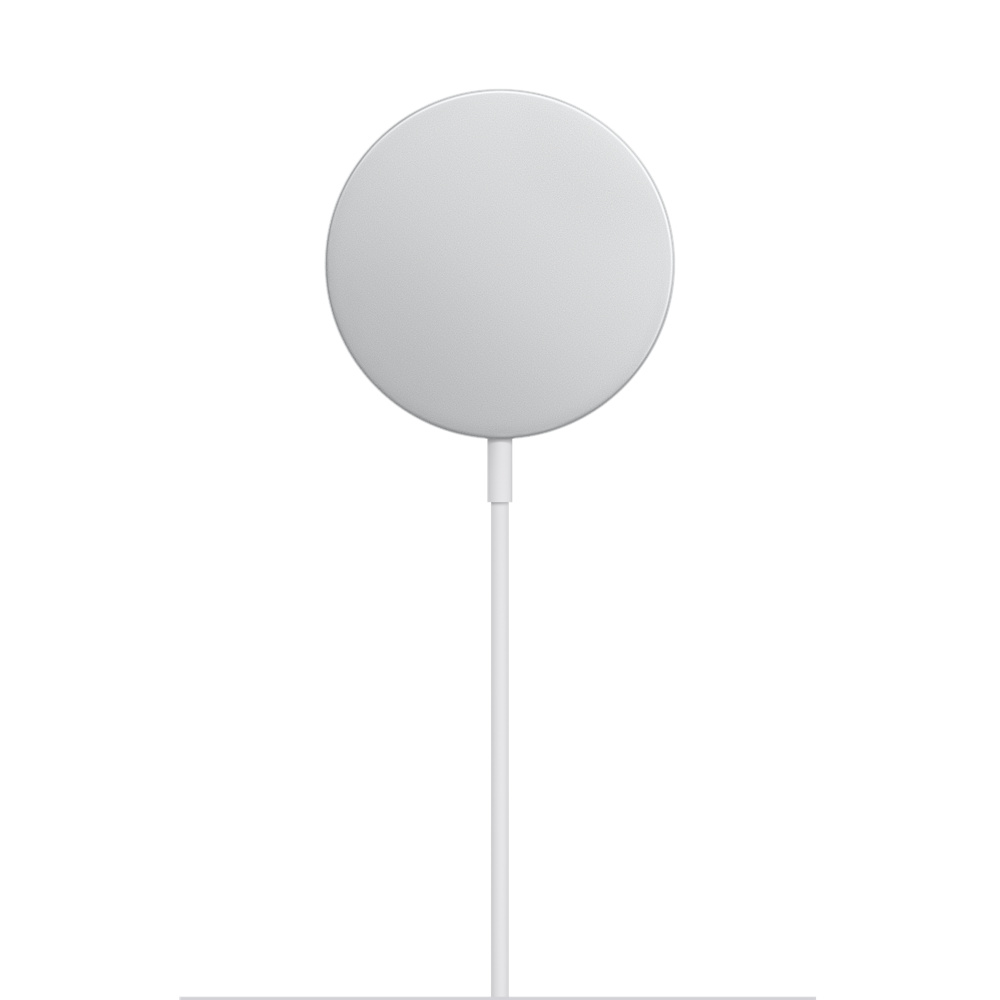
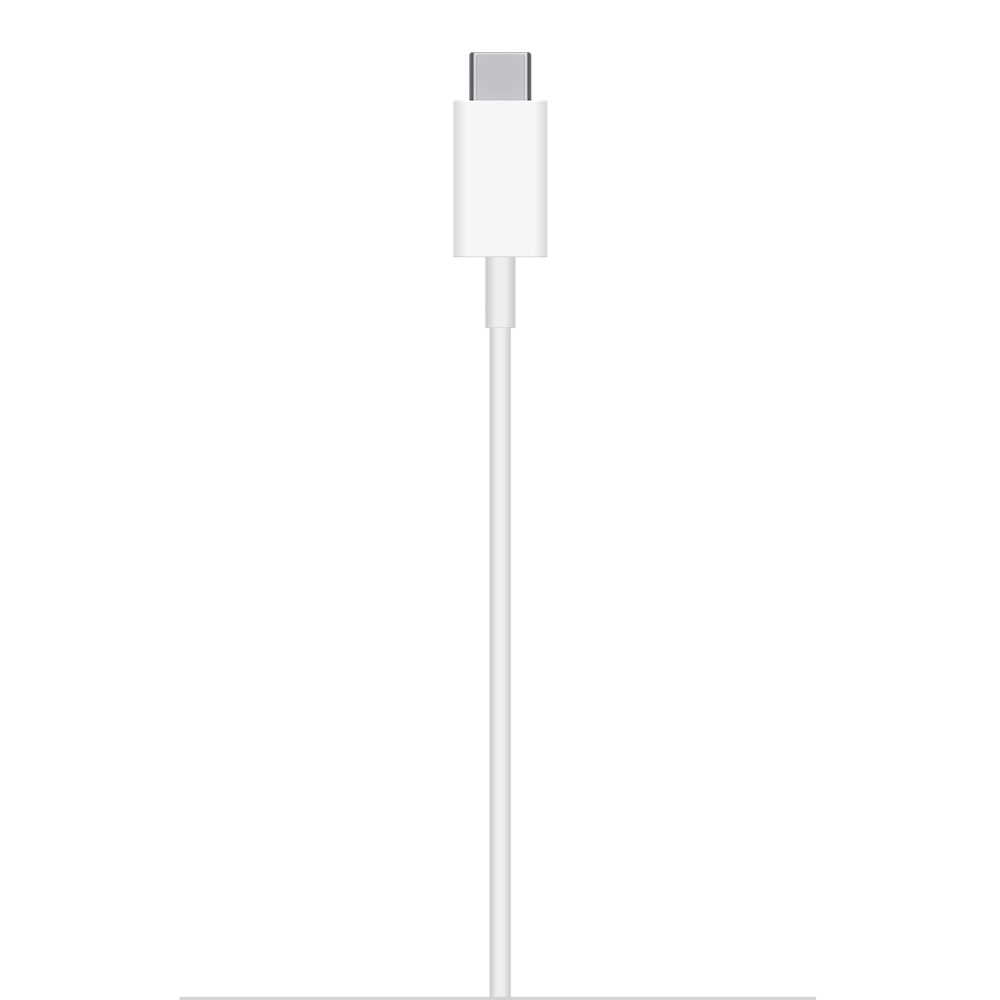
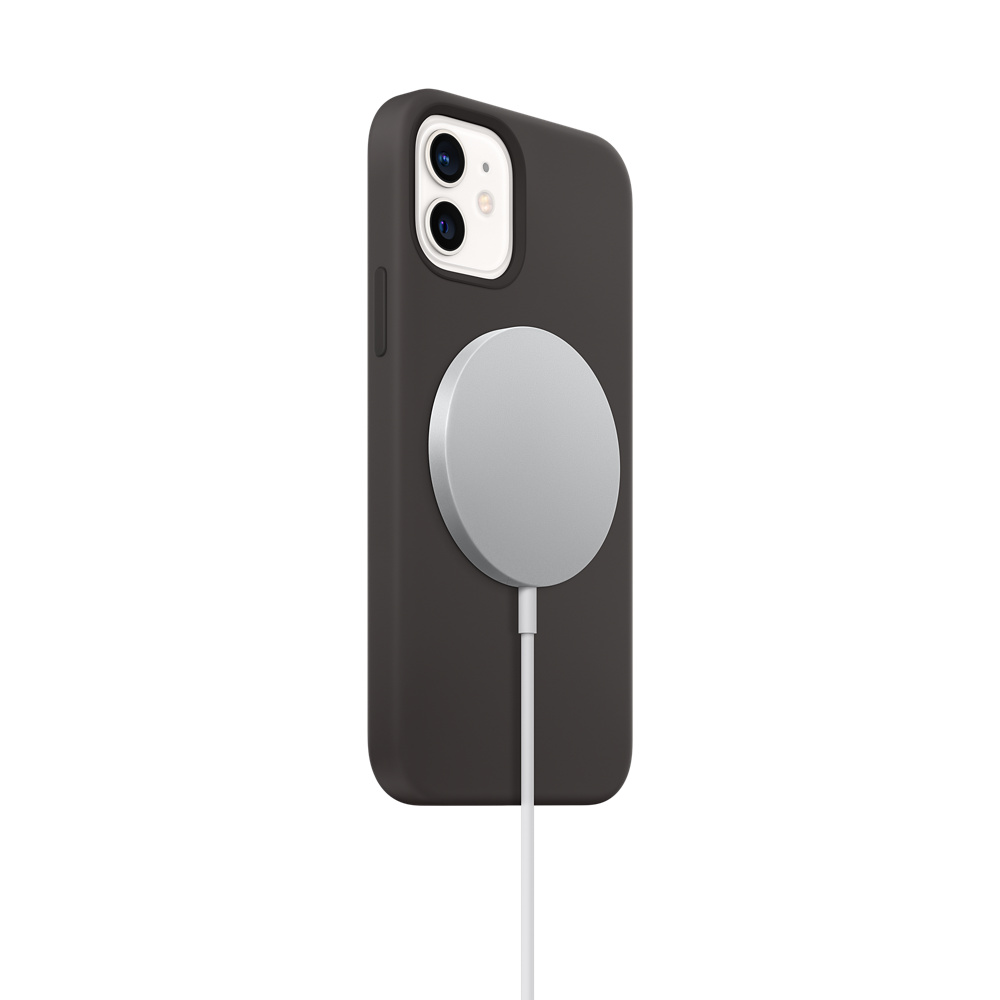
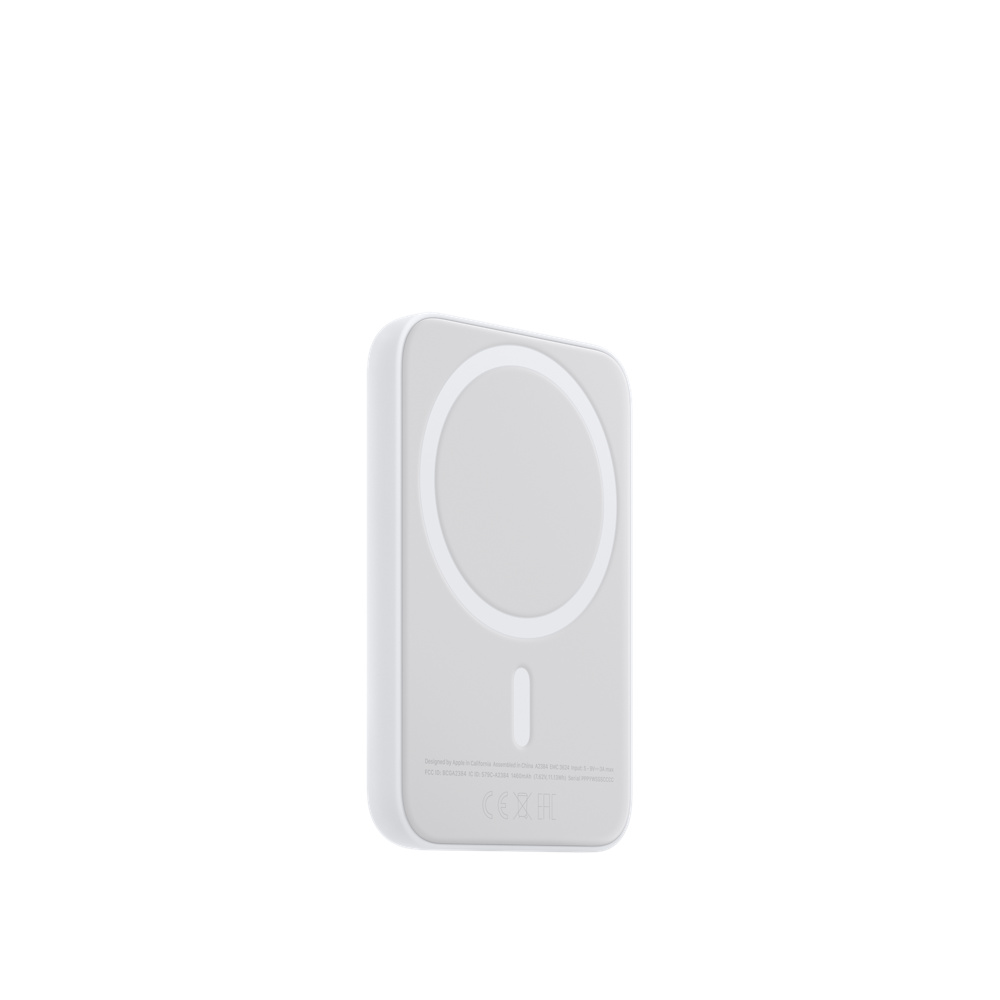
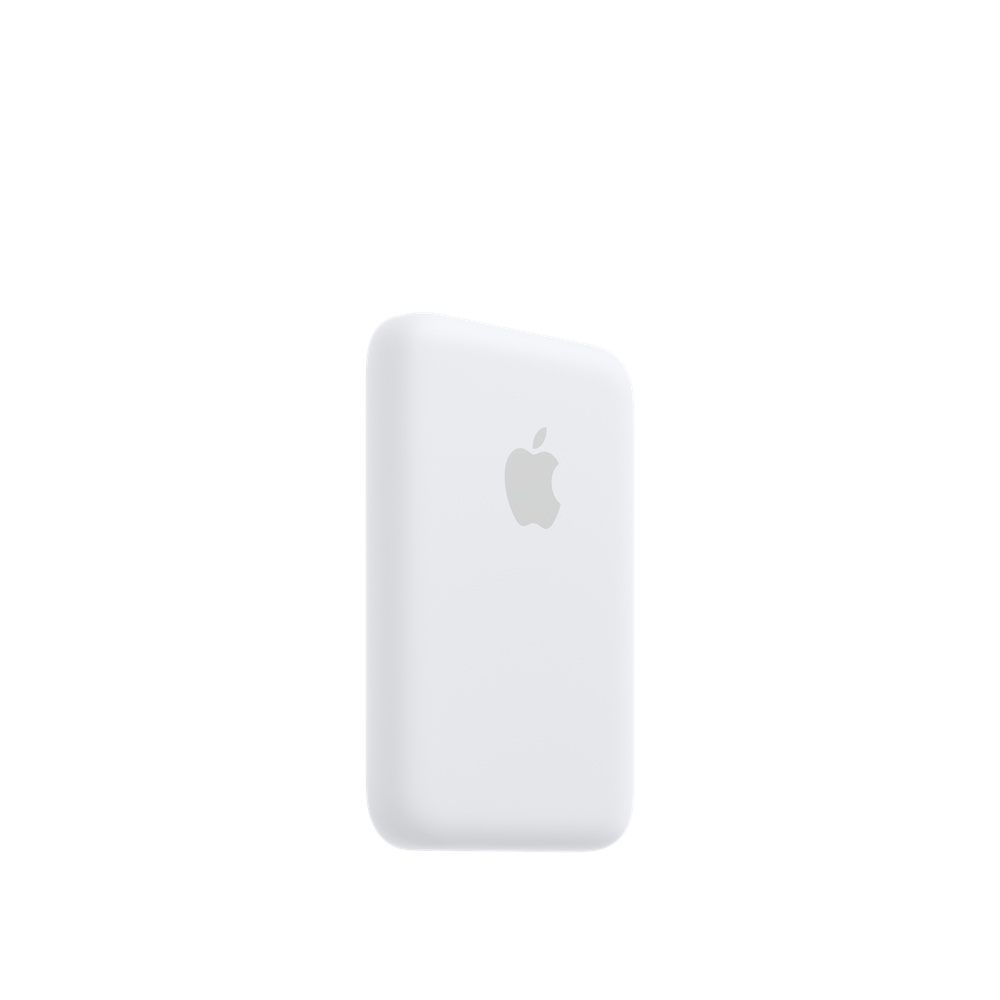
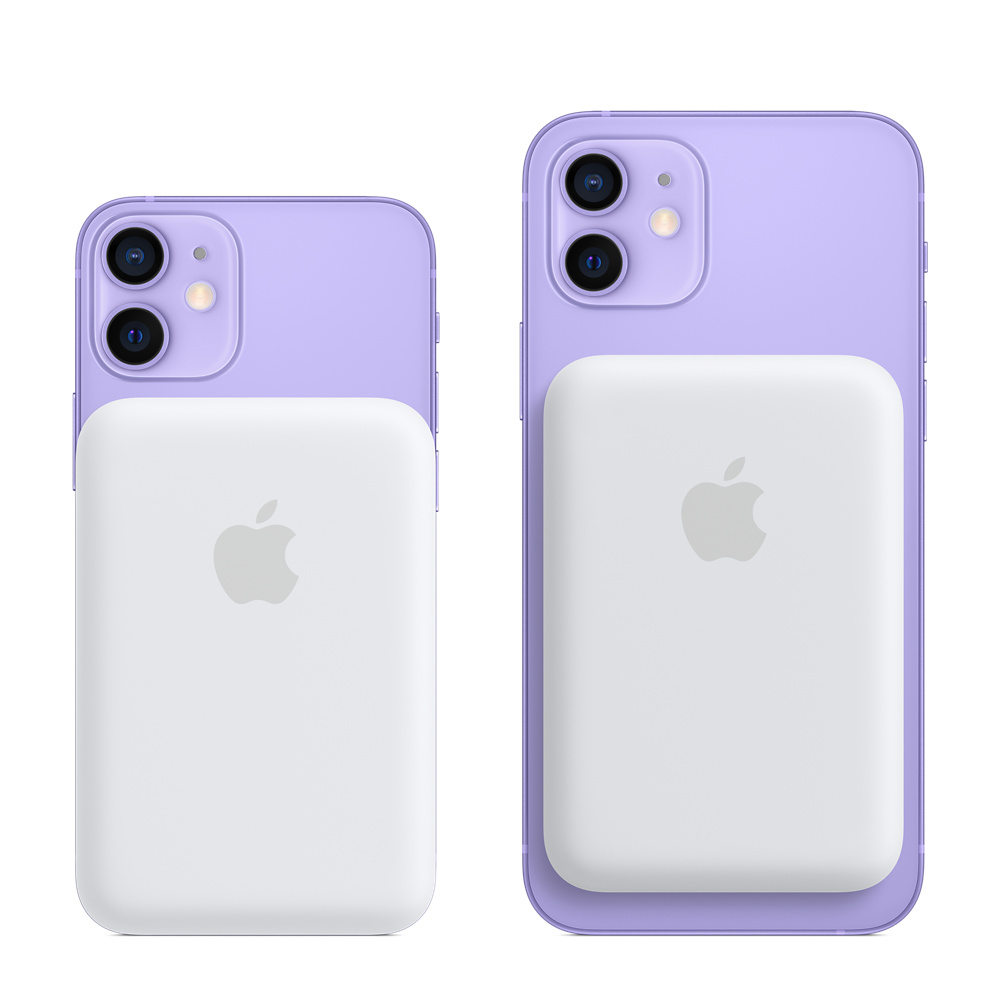



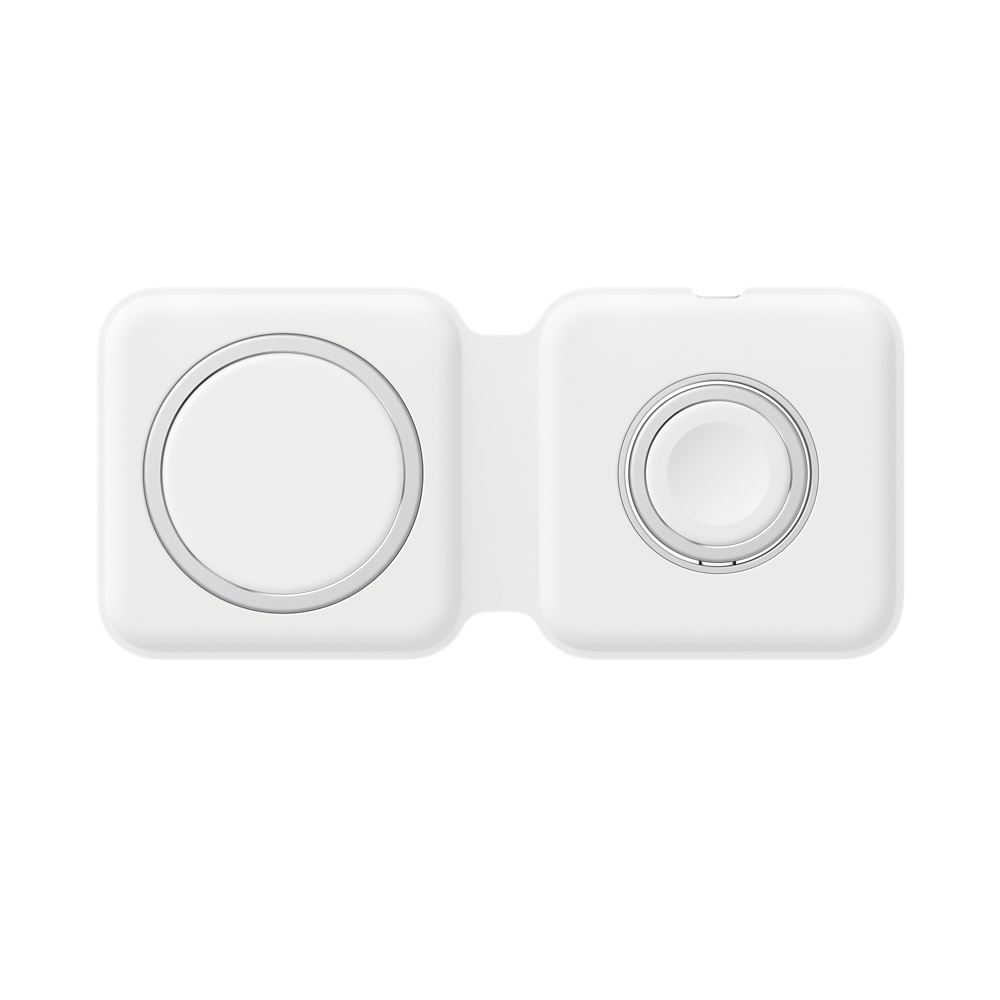
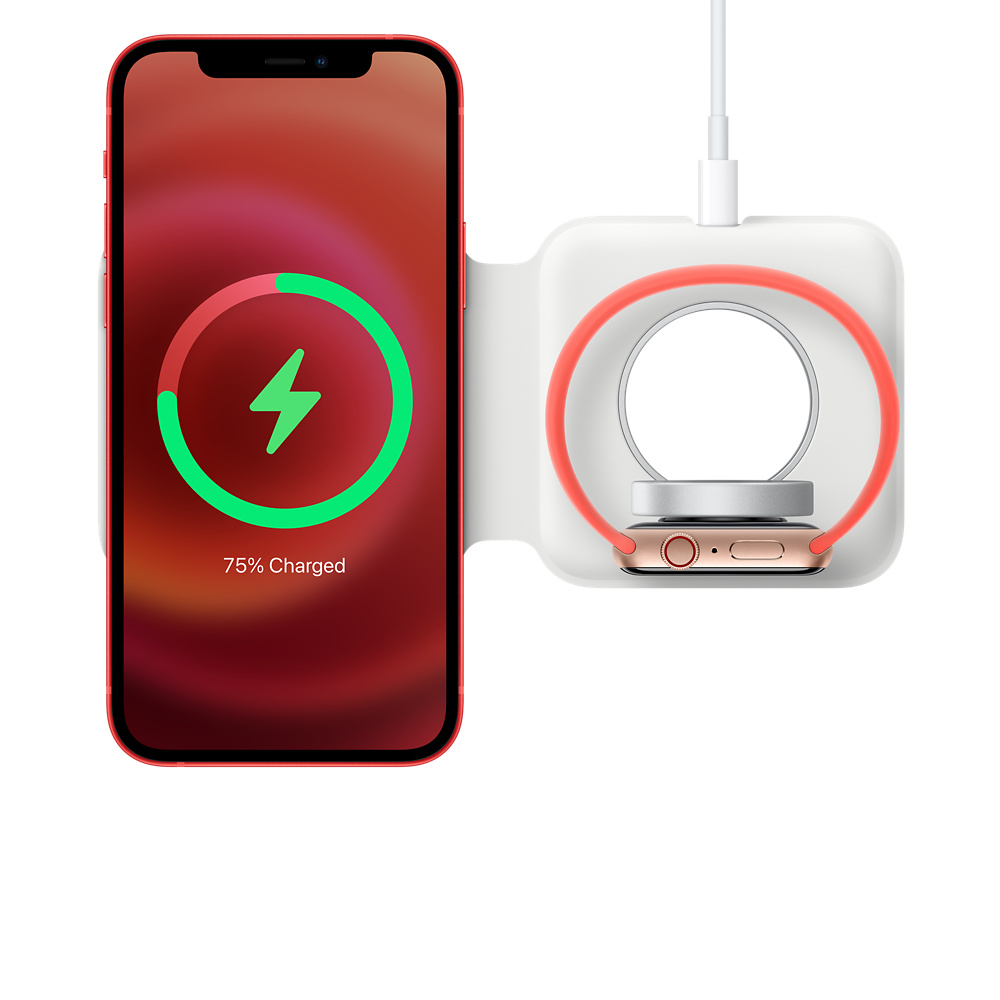
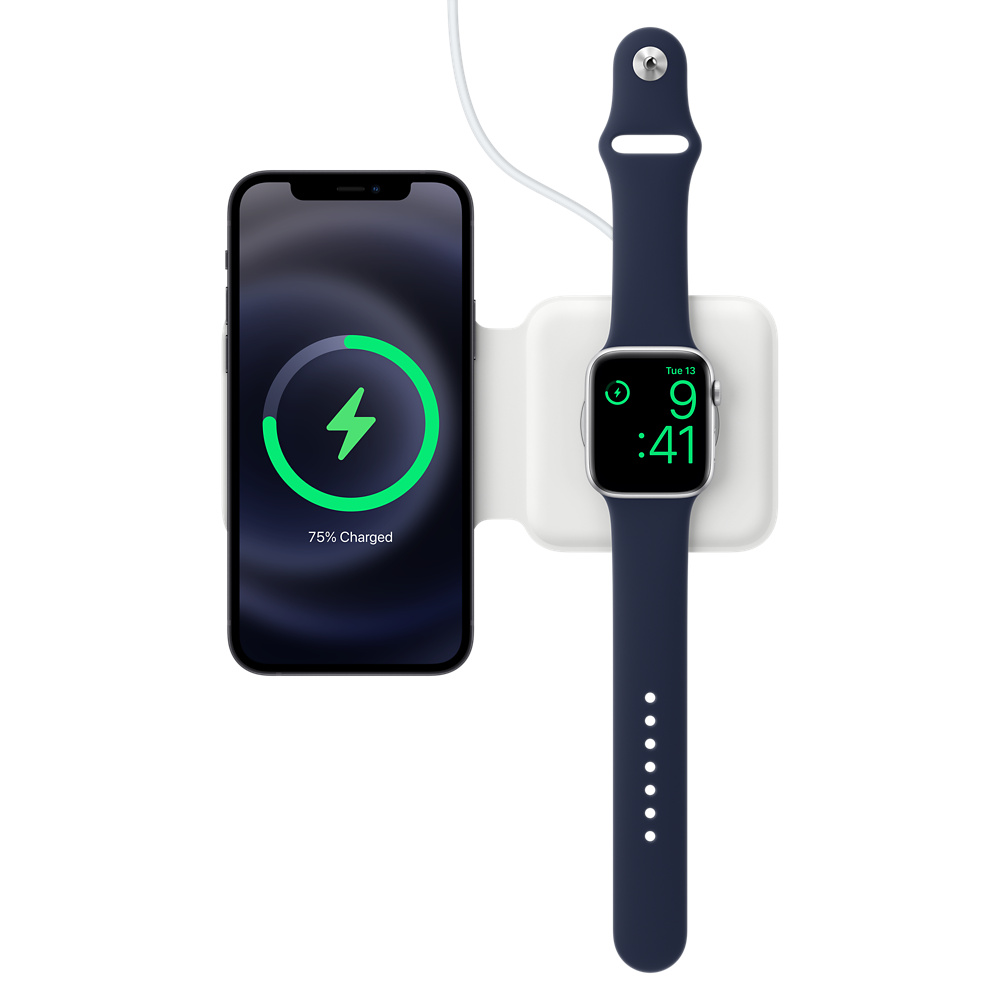
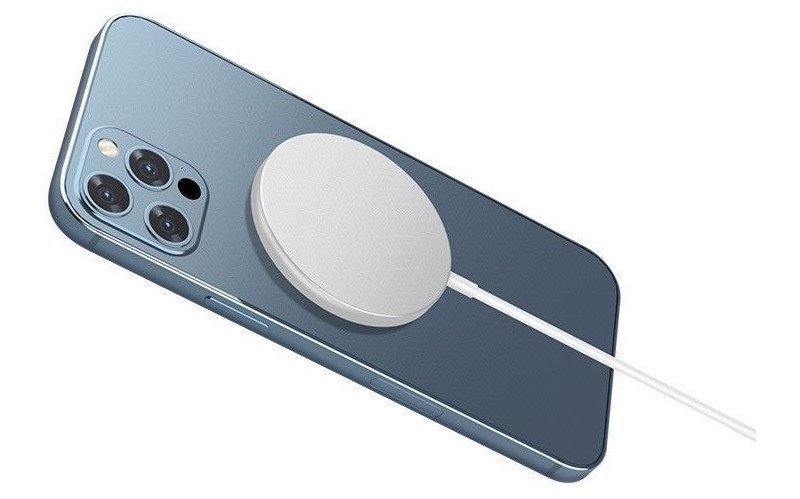
 Adam Kos
Adam Kos
It's a shame that many car manufacturers still don't use wireless carplay.
And is it not possible to make it possible to drag and drop files via magsafe (perhaps the second generation)??
Above all, let the EU not get involved. Because they were already talking about a unified connector at a time when miniUSB was just expanding (at that time I had an HTC Touch HD). Then it was switched to the revolutionary microUSB with great fanfare, and now it is switching to USB-C with even greater fanfare. I see it in the way that even before the whole market switches to the label, something newer will come again, which will be the "dream future of mobile devices".
On the other hand, it can also happen that the EU will order it with some decree and then a really better connector will come, but it will have to wait 5 years for an amendment to the decree on a unified connector that is rotting somewhere.
So, the situation where Apple has been using one (sufficient) connector for maybe 9 years is definitely better than the situation with Androids, where you can easily find three "guaranteed best" connectors and you are looking for cables. And the phones don't even have to be very old.
Just revising the lightning connector to support classic USB PD would help. If USB-C is so good and the majority of the market switches to it, then Apple will adopt it anyway (because it will simply be convenient). And if it doesn't happen and something even better comes along in three years, it's not worth forcing it by force. Especially in today's era of "universal" wireless charging, where compatibility is already fairly assured and so far it's the path of least resistance.